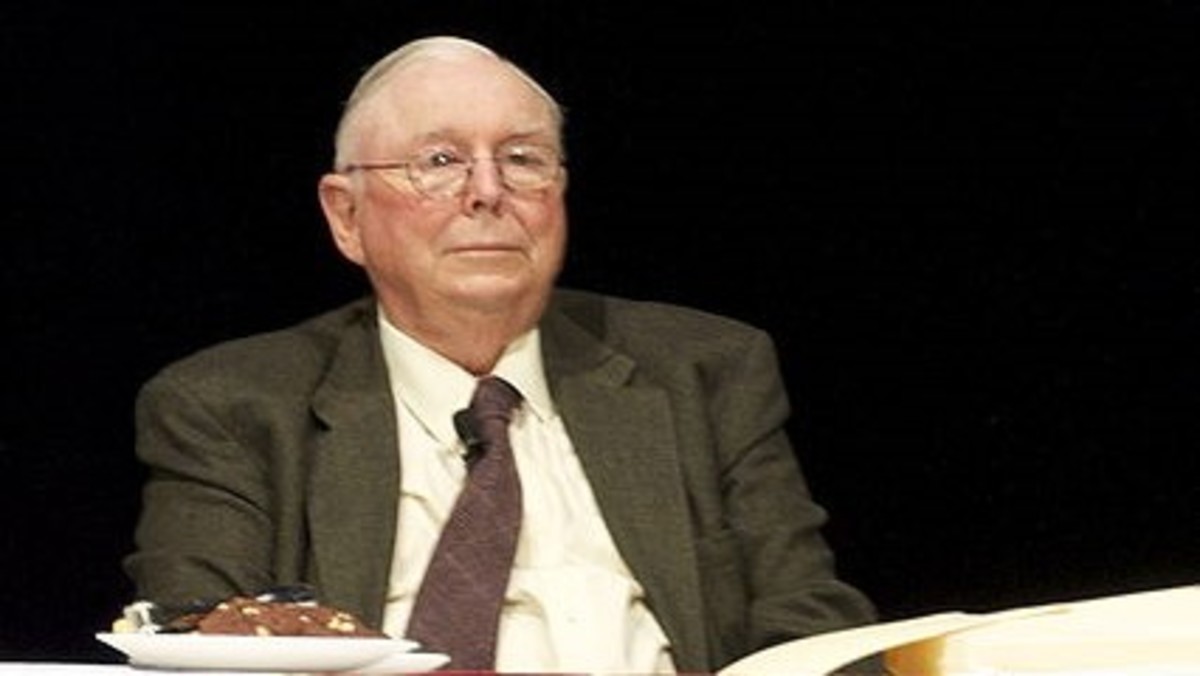Greetings, it’s David Lat here. As many of you know, and as I mentioned here last week, I recently engaged in a weeks-long battle with the novel coronavirus. I was hospitalized for 17 days, including about a week in critical condition in the ICU, when I was hooked up to a ventilator. But I’m happy to report that I made it through — thanks in no small part to the support of the Above the Law community — and I’m now recovering comfortably at home (or actually my parents’ home in suburban New Jersey, which is a bit more spacious than my Manhattan apartment).
I am (slowly) getting back into the saddle as both a legal recruiter and a legal journalist, currently working through a large backlog of communications. Apologies if I owe you a message. If I do, please feel free to try me again; I’m now more on top of my correspondence than I was while in the hospital.
During the few weeks that I have been away, Biglaw has been transformed. Law firms have implemented many different measures to deal with the economic fallout of COVID-19, including delaying or reducing partnership draws, reducing salaries of associates and staff, furloughing associates and staff, or postponing non-essential spending.
Making predictions is a dangerous business. Who would have guessed, two months ago, that we would be where we are today? But with your indulgence, I will offer a few… observations about the current state of Biglaw. (To the extent that these are predictions, please take them with a veritable shaker of salt.)
1. Law firms are responding very intelligently to the current crisis.
As I said in recent interviews with Law.com and Bloomberg, I believe that law firms are doing a good job in responding to the downturn — especially compared to how they handled the Great Recession.
I had a front seat to how Biglaw responded to the Great Recession, given Above the Law’s close coverage of events in Biglaw during that time. Back then, firms basically had one tool — layoffs — and they used it indiscriminately.
This time around, law firms are being more creative — and more fair. They are using a variety of measures to economize, and some of these measures, such as delaying or reducing partnership draws, hit partners as well as associates and staff. In other words, law firms are spreading the pain, instead of inflicting it upon the people least able to bear it.
2. We are only at the beginning of this retrenchment.
If you look at the list of law firms that have adopted cost-cutting measures, you’ll be struck by how many firms are not on the list. Compare this to the Great Recession, where it seemed that practically every firm, including some of the most prestigious and profitable, did something (e.g., layoffs, delaying start dates, etc.).
But the list of firms cutting costs in the current crisis grows every day and every week. So it’s not particularly bold of me to predict that it will continue to grow, especially as the economic downturn continues. The lockdown or stay-at-home orders in many jurisdictions will likely remain in place for quite some time, which means that the economic damage these cause will continue for some time too. As clients suffer, their law firms will suffer along with them.
3. Associate hiring has slowed down, but partner hiring will continue.
Many law firms have put associate hiring on hold — which is not surprising, considering that work is slowing down in many practice areas. And of course firms that are laying off or furloughing associates, or thinking about layoffs or furloughs, generally aren’t going to be eager consumers of lateral talent.
But as in the last recession, partner hiring continues. This makes sense: as the pie shrinks, the way firms can maintain or grow revenue is by getting a bigger share of the smaller pie. And the way to do that is to hire lateral partners with big books of business.
So here at Lateral Link, we still have many partner candidates interviewing with firms (using tools like Zoom and Skype). Closing deals can be tricky right now — firms generally want a face-to-face meeting before bringing aboard a new partner, and those can be hard to set up right now — but activity is taking place.
But who knows if this will continue? The bottom line right now: the only certain thing is uncertainty. We are experiencing an unprecedented social and economic disruption, whose consequences will not be fully understood for quite some time.
To help lawyers and legal employers navigate this challenging environment, Lateral Link is launching our COVID-19 Bridge Program. The Bridge Program will connect lawyers who are seeking work with employers who are seeking temporary assistance — and, as an inducement to encourage employers to work with us, we are offering our attorneys at no cost for two weeks (newly-placed attorneys only).
If you are an attorney interested in participating, please register with us, and we will email you with additional details. If you are an employer interested in hiring top temporary talent, please contact my colleagues Jaclyn Genchi and Carolyn Brenner. If you are an employer interested in hiring document review attorneys, please contact my colleague Craig Brown.
The Bridge Program also includes, for employers, outplacement services for their furloughed or laid-off lawyers — and the first 20 hours of counseling are free. If you are an employer interested in retaining us to provide outplacement services for your lawyers, please contact my colleague Amy Savage.
These are difficult and trying times. Please don’t hesitate to reach out to me or to any of my colleagues at Lateral Link for help. We will get through this — together.
Ed. note: This is the latest installment in a series of posts from Lateral Link’s team of expert contributors. David Lat is a managing director in the New York office, where he focuses on placing top associates, partners and partner groups into preeminent law firms around the country.
 Lateral Link is one of the top-rated international legal recruiting firms. With over 14 offices world-wide, Lateral Link specializes in placing attorneys at the most prestigious law firms and companies in the world. Managed by former practicing attorneys from top law schools, Lateral Link has a tradition of hiring lawyers to execute the lateral leaps of practicing attorneys. Click ::here:: to find out more about us.
Lateral Link is one of the top-rated international legal recruiting firms. With over 14 offices world-wide, Lateral Link specializes in placing attorneys at the most prestigious law firms and companies in the world. Managed by former practicing attorneys from top law schools, Lateral Link has a tradition of hiring lawyers to execute the lateral leaps of practicing attorneys. Click ::here:: to find out more about us.
 Kathryn Rubino is a Senior Editor at Above the Law, and host of The Jabot podcast. AtL tipsters are the best, so please connect with her. Feel free to email her with any tips, questions, or comments and follow her on Twitter (@Kathryn1).
Kathryn Rubino is a Senior Editor at Above the Law, and host of The Jabot podcast. AtL tipsters are the best, so please connect with her. Feel free to email her with any tips, questions, or comments and follow her on Twitter (@Kathryn1).















